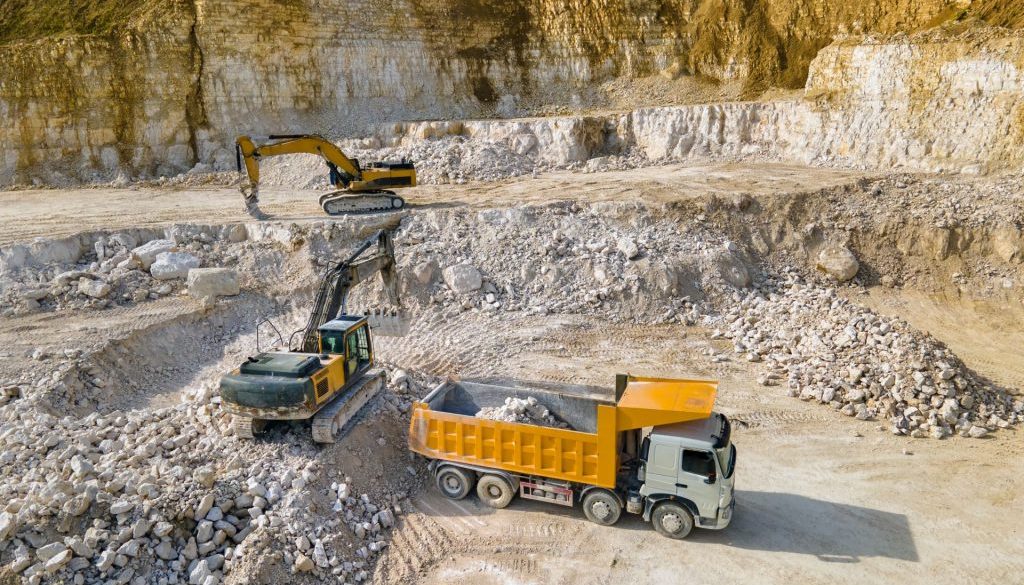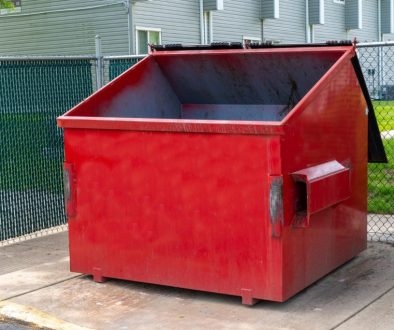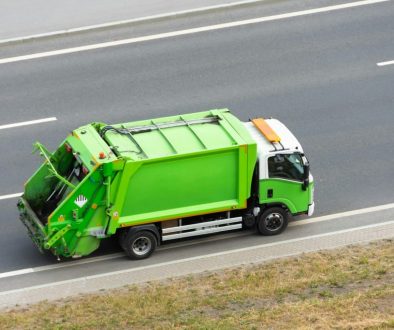With the construction industry being one of the largest consumers of natural resources, there is a growing push towards adopting more sustainable practices and materials. Sustainable aggregates present an environmentally friendly and cost-effective alternative to traditional virgin aggregates, obtained through the recycling of construction and demolition waste or the use of industrial by-products. These eco-friendly materials not only help to conserve natural resources but also contribute to reducing waste destined for landfills, minimising the overall environmental impact of construction projects.
In this comprehensive guide, we will explore the world of sustainable aggregates, delving into the various types, benefits, and applications of these environmentally friendly materials in construction projects. Our aim is to provide industry professionals and anyone interested in sustainable building methods with valuable information about the practical, financial, and environmental advantages of adopting sustainable aggregates as a viable alternative to traditional construction materials.
1. Types of Sustainable Aggregates
Several types of sustainable aggregates exist, offering various benefits and considerations for use in construction projects:
– Recycled concrete aggregate (RCA): Produced from the recycling of concrete waste, RCA offers a cost-effective and environmentally friendly alternative to virgin aggregates for use in structural applications such as road base material or concrete mixes.
– Recycled asphalt pavement (RAP): A product of reclaimed asphalt from roads and pavements, RAP can be reused in new asphalt mixes or as a base material for driveways and paths.
– Glass aggregate: Crushed, recycled glass can be used as an aggregate in select concrete applications, providing an aesthetic appeal and reducing the demand for natural resources.
– Industrial by-products: Materials such as fly ash, ground granulated blast-furnace slag (GGBS), and silica fume can be repurposed as aggregates, offering unique characteristics that can improve construction material performance.
2. Benefits of Sustainable Aggregates
Embracing the use of sustainable aggregates confers several advantages to both construction projects and the environment:
– Conservation of resources: Reducing the demand for virgin aggregates helps conserve natural resources, decreasing the need for additional quarrying operations and the associated environmental impacts.
– Waste reduction: The use of recycled aggregates diverts waste from landfills, minimising environmental pollution and preserving valuable landfill space.
– Cost efficiency: Sustainable aggregates are often more cost-effective than their virgin counterparts, offering financial incentives for construction professionals to adopt these eco-friendly materials.
– Enhanced material performance: In some instances, the unique properties of sustainable aggregates can improve the durability and performance of construction materials, ultimately reducing maintenance and repair expenses.
3. Applications of Sustainable Aggregates in Construction Projects
The versatility of sustainable aggregates allows for their use in a variety of construction applications:
– Road base: Both RCA and RAP are commonly employed as base materials for roads and pavements, offering a sustainable and cost-effective alternative to virgin aggregates.
– Concrete production: Recycled concrete aggregate and industrial by-products can be incorporated into concrete mixes, reducing the demand for virgin materials and enhancing the performance of the final product.
– Landscaping: Sustainable aggregates can be used in decorative applications, such as garden pathways or as an alternative to conventional gravel in driveways.
4. Considerations When Using Sustainable Aggregates
There are several factors to bear in mind when incorporating sustainable aggregates into your construction projects:
– Sourcing: Ensure that your chosen sustainable aggregates are supplied by reputable vendors who adhere to quality standards and environmental regulations.
– Compatibility: Investigate the compatibility of the sustainable aggregate with the intended application to ensure optimal performance and durability.
– Testing and certification: Carry out necessary tests on the sustainable aggregate to guarantee compliance with relevant building codes and certification requirements.
Conclusion
The growing adoption of sustainable aggregates in construction projects signifies an essential shift towards a more eco-friendly and sustainable industry. By using recycled or industrial by-product materials in place of virgin aggregates, construction professionals contribute to the conservation of natural resources, reduce waste, and lower the carbon footprint of their projects. Understanding the different types of sustainable aggregates, their benefits, and applications in construction projects is vital for embracing this environmentally friendly solution.
As a family-run skip hire and aggregate company servicing Staffordshire, we at Enviro Skip Hire are dedicated to fostering sustainable practices within the construction industry. We offer various sustainable aggregates to suit the needs of your construction projects. We are always available to offer expert advice and guidance on the appropriate environmentally friendly solutions for your specific requirements. Together, let’s pave the way towards a more sustainable construction industry with our 6F2 aggregates and more!




